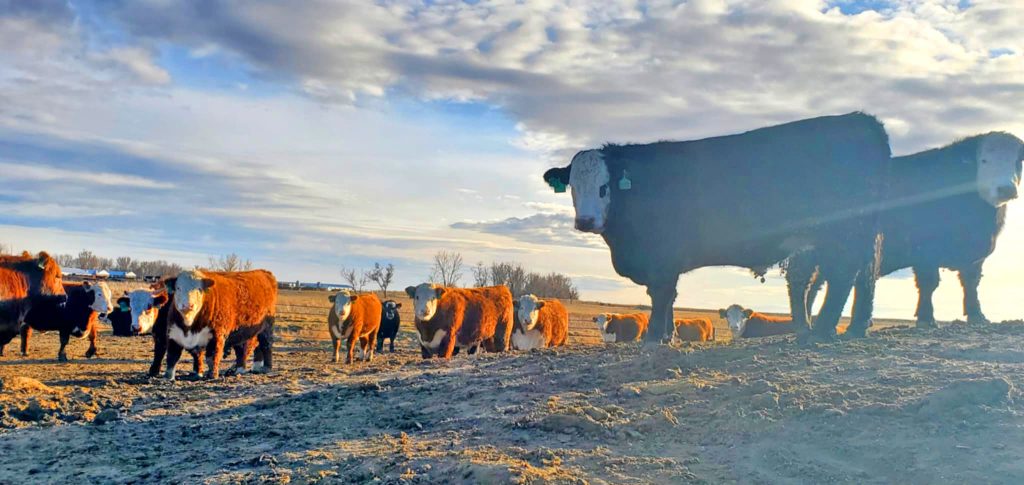Packers pay: Tyson Foods and Cargill settle in beef price fixing lawsuit
Tyson Foods will pay $55 million and Cargill $32.5 million to settle a beef price fixing lawsuit filed on behalf of consumers in 2019, according to Reuters.
Just days before that story broke, Reuters also reported that Tyson would pay $85 million to settle a different consumer lawsuit over pork prices. According to the Reuters story, Tyson was the last holdout to settle, following JBS, Hormel Foods and other defendants’ agreements. With the Tyson financial commitment, consumers are now set to receive $208 million in the pork case from all of the defendants combined.
The Reuters story says that attorneys for the plaintiffs in the beef case have reported an estimated 36 million potential class members.
Eligible class members are individuals who indirectly purchased beef products between August 2014 and December 2019 from retail stores. The retailers are not named as or considered to be defendants.
According to the settlement motion, if all Defendants settled on the same terms as Cargill, adjusted for their market shares, the case would settle in total for $149 million.
The motion also claims that Cargill was responsible for about $408,662,702 in damages, and Tyson for about $636,466,772, which means each contributed about 8 percent of the total damages attributable to them.
The suit which has now been amended to remove Cargill and Tyson, will continue with claims of price fixing against JBS and National Beef (Marfrig).
According to a “Choices” newsletter by the Agriculture and Applied Economics Association, “The plaintiffs claimed that the alleged input and output price-fixing cartel of the four largest beef packers violated Section 1 of the Sherman Act (1890). This Section prohibits contracts, combinations, and conspiracies in restraint of trade in interstate commerce. Price-fixing agreements (cartels or conspiracies) aim to increase, decrease, or fix (stabilize) product prices, and can be verbal, written, or inferred from the conduct of firms (Federal Trade Commission, 2022).
Buyers purchasing beef directly from the beef packers aim to recover treble damages under the Clayton Act (1914). Buyers purchasing beef indirectly from the beef packers (for example, final consumers) aim to recover damages in selected states, where consumer protection laws, antitrust laws, or unjust enrichment laws allowing indirect buyers to recover damages exist, said the “Choices” article.
“In their responses to the complaints, the four largest beef packers argued that agricultural supply and demand conditions, not a price-fixing conspiracy, affected fed cattle price dynamics (In Re Cattle Antitrust Litigation: Memorandum of Law in Support of Defendants’ Joint Motion to Dismiss the Consolidated Amended Class Action Complaint, 2019). The beef packers argued that the allegedly anticompetitive practices described in the complaints were elements of lawful independent competitive behavior,” said the Choices article.
The monthly average farm value of beef increased from $2.60/lb per pound in the pre-cartel period (2010 to 2014) to $2.74/lb in the cartel period (2015-2019), or by 5.4 percent. The monthly average wholesale value of beef increased from $2.94/lb in the pre-cartel period to $3.34/lb in the cartel period, or by 13.6 percent. The monthly average retail value of beef increased from $5.09/lb in the pre-cartel period to $6.03/lb in the cartel period, or by 18.3 percent, said the article.
Economist Dr. Robert Taylor did not comment specifically on this case but talked about the current cattle price environment. He said cattle numbers have dropped over the years because profitability has not been consistent. He said cattle producers have sold down or exited the business, leading to a smaller cattle herd. “There has been an imbalance of market power and has been for a long time. Certainly, buyer power has been exerted to push (cattle) prices down for an extended period of time. It’s like stretching a rubber band, you keep pulling and pulling and eventually it’s going to snap back, and it’s snapped back with higher prices now,” he said.
Referencing the many lawsuits alleging improper pricing behavior on the part of the big four packers, Dr. Taylor, the Alfa Eminent Scholar (Distinguished University Professor) Emeritus in Agricultural Economics and Public Policy in the College of Agriculture at Auburn University, said that he is interested in following the legislation on behalf of cow-calf producers. “Because they are the ones that take the biggest hit.”
He added that “with packer market power…if they press down the price of fed cattle, they push down the price of feeder cattle, which pushes down the whole cow-calf operation.”
R-CALF USA anti-trust lawsuit – a similar case
R-CALF USA, a Billings-based cattle producers organization brought a lawsuit alleging the big four packers harmed cattle feeders and futures investors by violating anti-trust law from 2015 to 2020.
That particularl lawsuit has been combined with several other anti-trust suits against the big four packers (JBS, National Beef (Marfrig), Cargill and Tyson) over the meat packing companies’ cattle buying activities.
JBS has settled for $83.5 million in the R-CALF case, but the other packers have not settled.
The cattle suit, which will go forward, alleges Tyson, National Beef (Marfrig) and Cargill (JBS is removed from this part of the lawsuit because of the settlement) conspired to suppress the price of fat cattle from June 1, 2015 to Feb. 29, 2020 and live cattle futures in effect June 1, 2015.
CEO Bill Bullard said the case brought by the consumer beef purchasers makes similar allegations against the “big four” that R-CALF USA made in its original antitrust suit, and has been jointly managed before the same court. These settlements reflect the gravity of those allegations, and the importance of R-CALF USA’s ongoing litigation against Tyson, Cargill and National Beef.
JBS also previously paid $52.5 million to “direct purchasers” like grocery stores and other businesses in yet another settlement.




